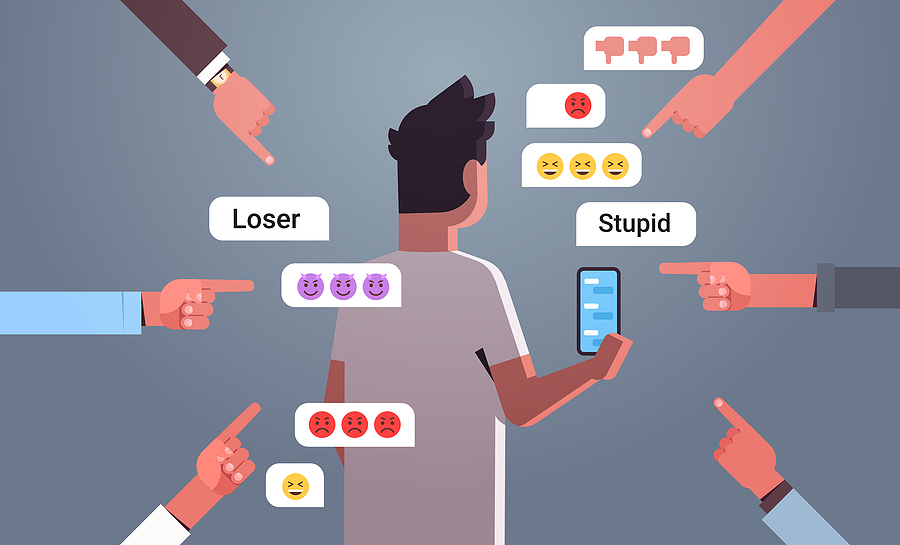
Why do teens forward nasty messages on WhatsApp?
Cyber aggressive behaviors, such as the forwarding of nasty messages, frequently take place in teenagers’ WhatsApp groups. A study published in Social Development examines why teens engage in such behaviors. Results show that perceived pressure to engage in group behavior is an important explanation for cyber aggressive behavior.
Take aways
- The more teens identify with their peers in a WhatsApp group, the more likely they are to go along with the behaviors of these peers.
- Teens go along with cyber aggressive behaviors (such as forwarding nasty messages) because they perceive pressure to do so.
- Reducing teens' sense of social identification with their peers in a WhatsApp group could be an effective strategy to reduce their conformance with group behavior. Intervention developers could use this strategy to reduce cyber-aggressive behavior among teens.
Study information
Who?
647 teenagers between 10 and 16 years old (mean age: 12.9 years old, 51.5% boys)
Where?
The Netherlands
How?
The participants completed a survey in which they answered questions about one of their existing WhatsApp groups. These questions were about social identification with the WhatsApp group members (for example, “I feel a bond with [WhatsApp group]”, perceived social pressure to conform (for example, “I have felt pressured by [WhatsApp group] to forward a picture on WhatsApp of someone that I know without their permission”, and actual conformity to WhatsApp group norms (for example, “I have forwarded a picture of someone that I know without their permission because [WhatsApp group] urged me”.
Facts and findings
- WhatsApp was the most frequently used social media platform among the teens who participated in this study.
- The majority of the teens (roughly 80%) reported that cyber aggression had occurred in their WhatsApp group at least once.
- Teens who judged their WhatsApp group as highly important to them, perceived more pressure to conform to group norms than teens who judged their group as less important.
- This perceived pressure to conform led to actual conformity to cyber aggressive behaviors.